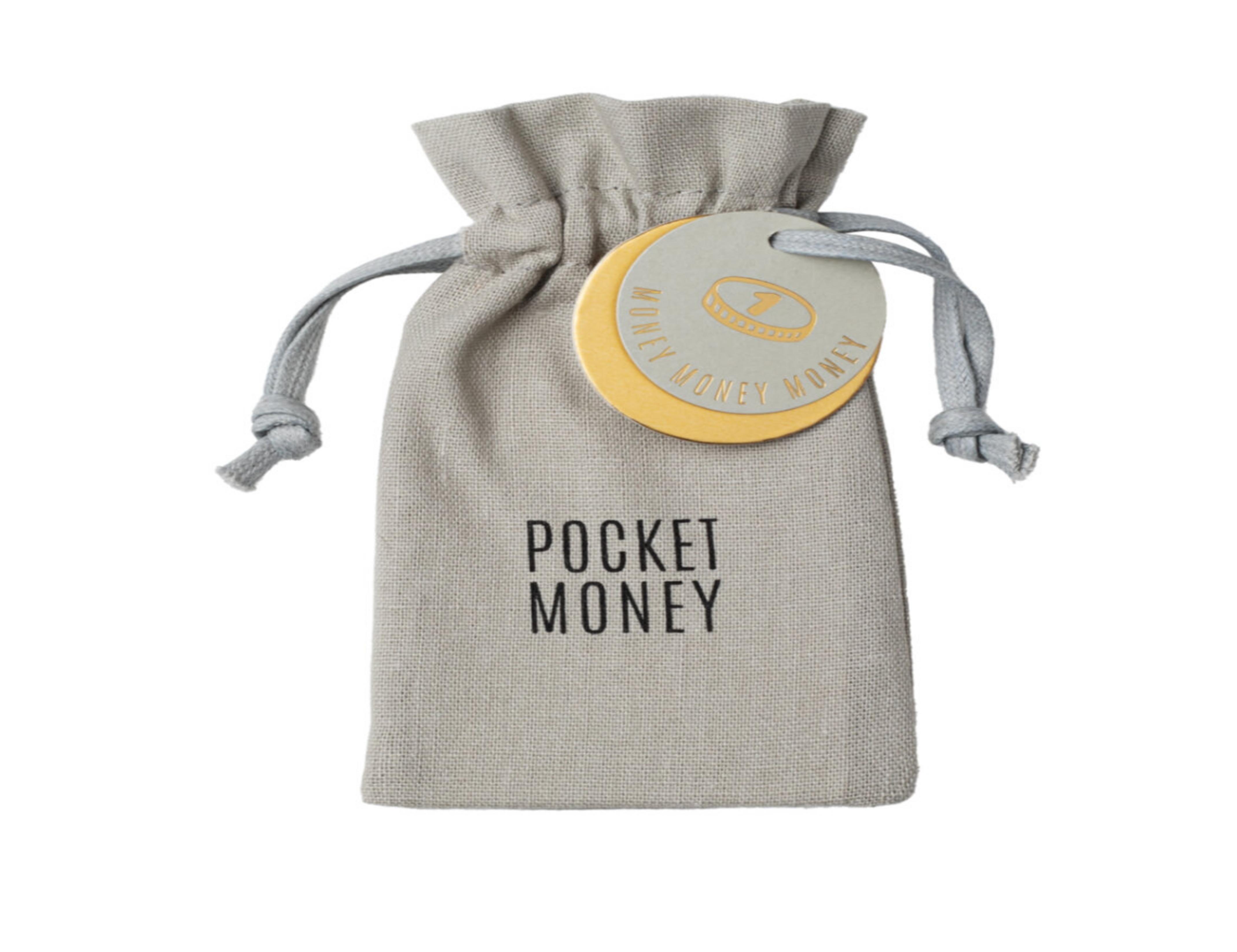Au Pair Pocket Money in Germany: Compensation and Benefits
Thinking about becoming an au pair in Germany? Or perhaps you’re considering welcoming an au pair into your home? Either way, one vital aspect that needs careful consideration is the topic of pocket money. In Germany, au pairs receive compensation for their valuable help with childcare and light household tasks, but the specifics of that pocket money can vary. Let’s dive into everything you need to know about au pair pocket money in Germany, ensuring you’re fully informed!
The Basics of Au Pair Regulations in Germany
Before we delve into the nitty-gritty of pocket money, it’s important to understand the legal framework governing au pairs in Germany:
- **Age Range:** Au pairs in Germany are typically between 18-27 years old.
- **Visa Requirements:** Au pairs coming to Germany usually require a **European Economic Area (EEA)** or **Swiss citizenship**, or they need a specific au pair visa, which can typically be obtained through German embassies and consulates.
- **Work Hours:** Au pairs generally work between 25 to 30 hours per week, with one full day off and 2 days off once per month.
How Much Pocket Money Do Au Pairs Receive in Germany?
In Germany the standard pocket money for au pairs currently lies at 280€ euros monthly. As of 2023, the typical range forau pair pocket money was between **€280 and €400**.
Au pair pocket money in Germany can be structured in various ways to accommodate both the host family's and the au pair's needs. One common approach is for the family to cover specific costs directly, such as health insurance, language courses, and transportation tickets, while providing a standard pocket money of **€280 monthly**. This method allows au pairs to focus on their cultural experience without worrying about immediate expenses.
Alternatively, families may choose to handle all financial aspects on a monthly basis. Under this arrangement, the au pair receives their standard pocket money, along with direct monthly reimbursements for expenses like the cost of language classes, subway or bus fare, and health insurance premiums.
- For example, an au pair staying with a host family for a whole year could receive a comprehensive total package consisting of €280 pocket money per month, €70 monthly for language classes, €56 for a Deutschland transportation card, and around €50 for health insurance. This adds up to approximately €5,472 yearly.
What is Included in Pocket Money?
Standard au pair pocket money in Germany typically encompasses a variety of financial aspects that are essential for the au pair's daily living expenses and personal needs.
- **Monthly Pocket Money**: The core component of the au pair's financial package is the cash allowance itself, which typically ranges from **€260 to €400**. This amount is provided to cover personal expenses, outings, and basic living costs.
- **Food and Meals**: While the host family usually provides meals, the pocket money may also account for occasional dining out, snacks, and groceries that the au pair may wish to purchase.
- **Transportation Costs**: The pocket money can also help cover the cost of public transportation, especially if the au pair needs to travel to language classes, social events, or excursions. In many arrangements, families provide a public transportation pass directly, or the au pair can allocate part of their pocket money for this purpose.
- **Language Classes**: While some families pay directly for language courses, others factor in the costs into the monthly pocket money. This can mean that a portion of the allowance is intended to help the au pair afford language lessons, which are essential for integration and cultural exchange.
- **Health Insurance**: In Germany, having health insurance is a legal requirement for au pairs. Some families choose to pay for this separately, while others include a portion of the pocket money to cover the costs.
- **Leisure and Activities**: The pocket money should also allow for leisure activities, including cultural experiences, entertainment, and social outings, giving the au pair the opportunity to explore and enjoy their time abroad.
- **Personal Expenses**: Finally, the allowance should cater to any additional personal expenses, such as toiletries, clothing, or other miscellaneous items the au pair may need during their stay.
Being an au pair in Germany provides a fantastic opportunity for cultural exchange while helping families with childcare and everyday activities. Understanding the ins and outs of pocket money is vital to ensure a smooth transition into this rewarding experience.
As you embark on this journey, remember that open communication with potential host families is key. Discussing expectations, responsibilities, and compensation ensures all parties are on the same page and sets the stage for a fruitful and enjoyable experience.
If you’re considering hosting an au pair or becoming one, platforms like **auost** can simplify the process. With personalized matching, comprehensive profiles, and support, we streamline the entire journey, making it easier for everyone involved! So, are you ready to dive into the world of au pairing in Germany? Let **auost** help you find your ideal match and prepare for your au pair adventure!
Regards
Auost Team

